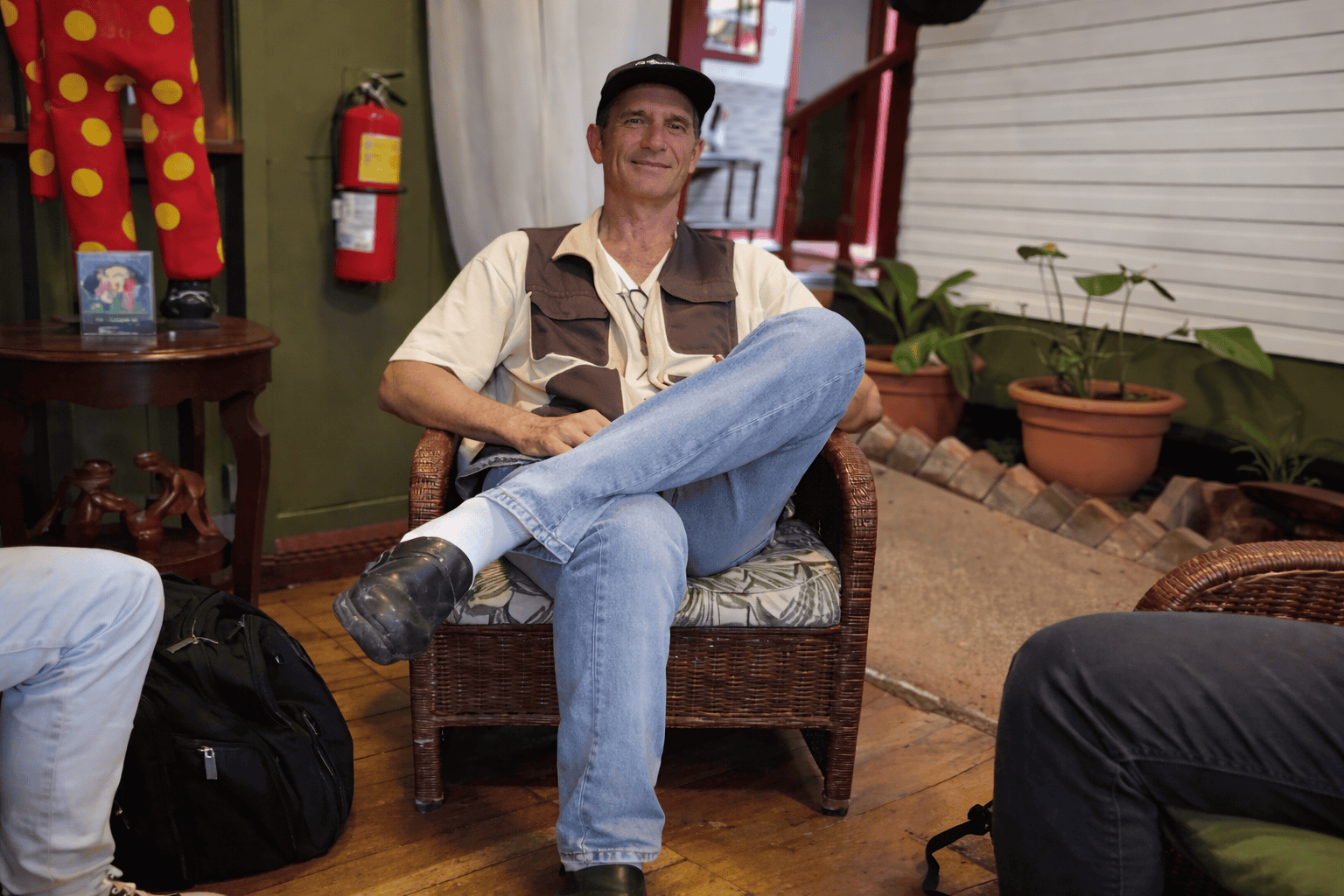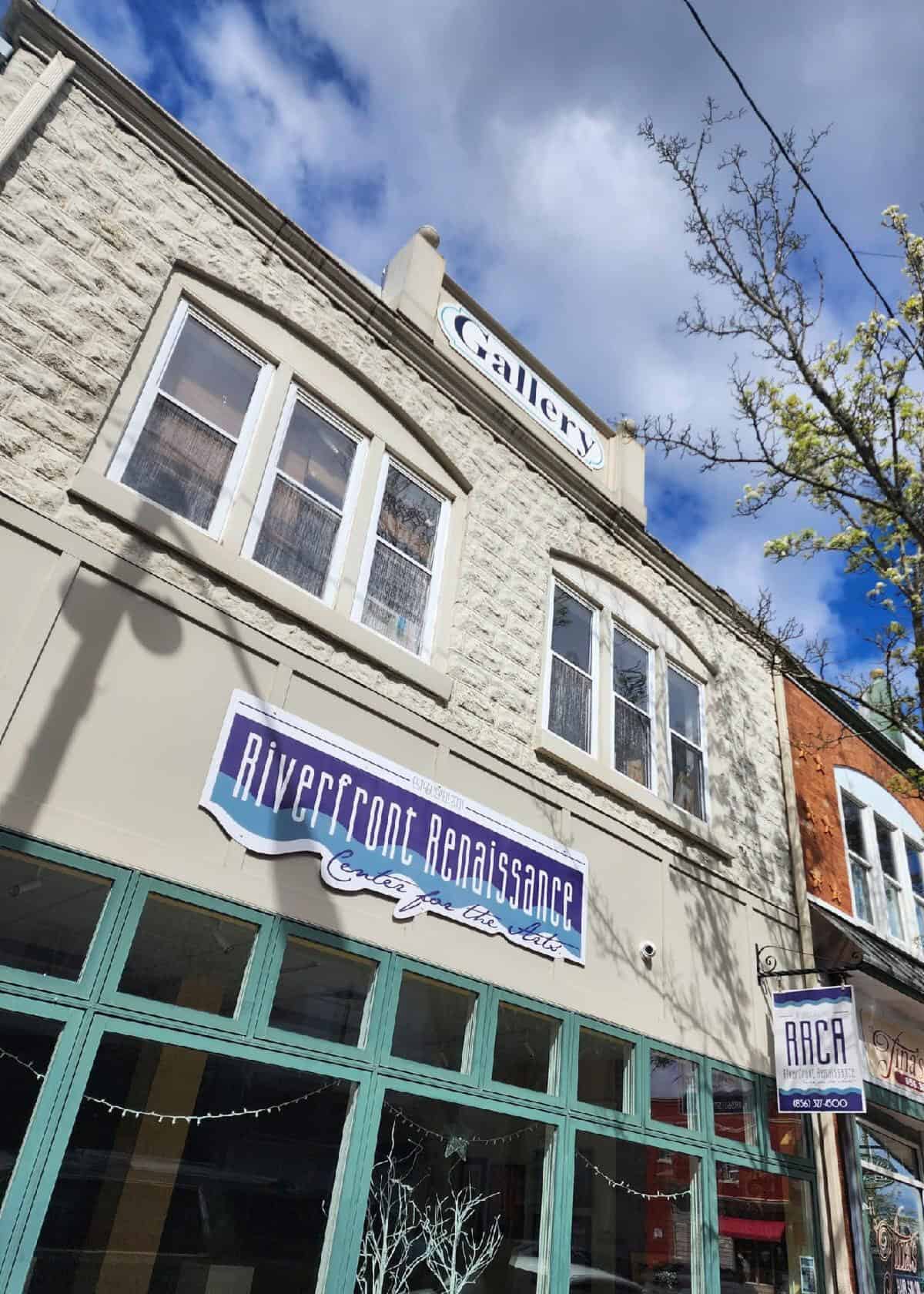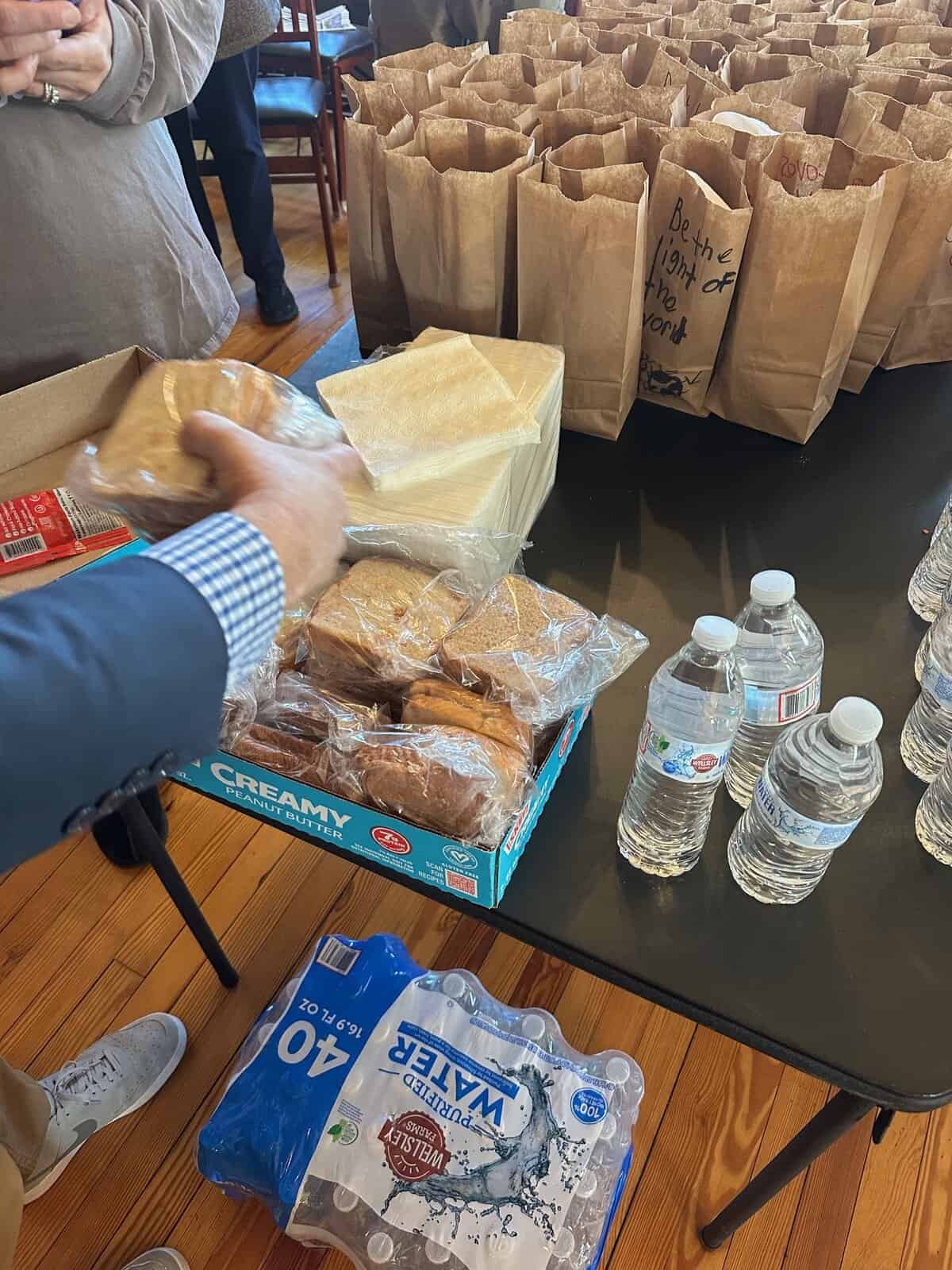Let the Sun Shine
Community Solar Energy Pilot Program aims to increase solar access for underserved residents in New Jersey.
 The New Jersey Board of Public Utilities (NJBPU) announced late last month that it has received 252 applications for the first year of its three-year Community Solar Energy Pilot Program. The program, which earmarks 40 percent of overall program capacity for projects serving low- and moderate-income households, is an important component of Governor Murphy’s clean energy agenda and reaching 100 percent clean energy by 2050.
The New Jersey Board of Public Utilities (NJBPU) announced late last month that it has received 252 applications for the first year of its three-year Community Solar Energy Pilot Program. The program, which earmarks 40 percent of overall program capacity for projects serving low- and moderate-income households, is an important component of Governor Murphy’s clean energy agenda and reaching 100 percent clean energy by 2050.
The 252 applications represent more than 650 megawatts (MW) of total capacity, demonstrating significant public excitement about community solar energy. Most (232) of the applications received are for projects where at least 51 percent of capacity would benefit low- and moderate-income (LMI) residents.
“I am extremely pleased at the overwhelming response in the first year of this program,” said Governor Murphy. “The Community Solar Pilot will not only provide clean energy to our state’s residents, but it will also expand access to renewable energy for low- and moderate income communities who have been previously unable to enjoy the benefits of solar energy.”
“The number of applications we have received for this brand new program shows how excited the community is about solar,” said Joseph L. Fiordaliso, president, New Jersey Board of Public Utilities. “As we move forward with clean energy for New Jersey, it is important that we move everyone forward and ensure that this transition is as equitable and inclusive as possible. I am thrilled to see that so many want to take these first steps with us.”
The Pilot Program is administered by New Jersey’s Clean Energy Program. With community solar, LMI households—which have had historically less access to solar energy due to cost or lack of roof control—will gain an opportunity to participate in a more equitable solar market through projects located within their electric public utility’s distribution territory.
While the Pilot Program has a capacity limit of 75 MW for the first year, NJBPU anticipates awarding at least 75 MW during both the second and third years of the program. In total, the Pilot Program is estimated to cover the electricity usage of approximately 45,000 residential homes.
The Pilot Program, which will generate crucial market information and implementation data, will ultimately inform the development of a permanent community solar program over the next three years.
NJBPU has begun the process of reviewing the applications, which will first be assessed for administrative completeness. NJBPU will then score the applications based on evaluation criteria that include:
• Low- and moderate-income and environmental justice inclusion (30 points max.);
• Siting—with priority given to landfills, brownfields, areas of historic fill, rooftops, parking lots, and parking decks (20 points max. with a potential five-point bonus for landscaping, land enhancement, pollination support, storm water management, soil conservation, and/or decommissioning plans);
• Product offering (15 points max. with priority given to those that guarantee savings of greater than 10 percent);
• Community and environmental justice engagement (10 points max.);
• Subscribers (10 points max., with priority given to projects with a majority of residential subscribers);
• Other benefits (10 points max., with priority given to projects providing local jobs, job training or demonstration of co-benefits such as paired with storage or a microgrid project); and
• Geographic limit within EDC service territory (5 points max., with priority given to projects with subscribers in the same municipality or an adjacent municipality to the project’s location).
Projects must receive at least 30 points to be considered for participation in the Pilot Program. Projects that receive more than 30 points will be awarded capacity in the Pilot Program in order, starting with the highest scoring project and proceeding to the lowest-scoring project.







